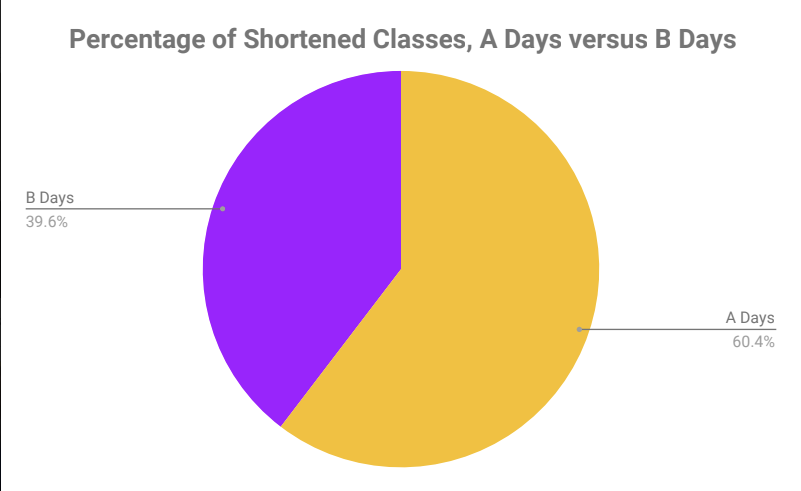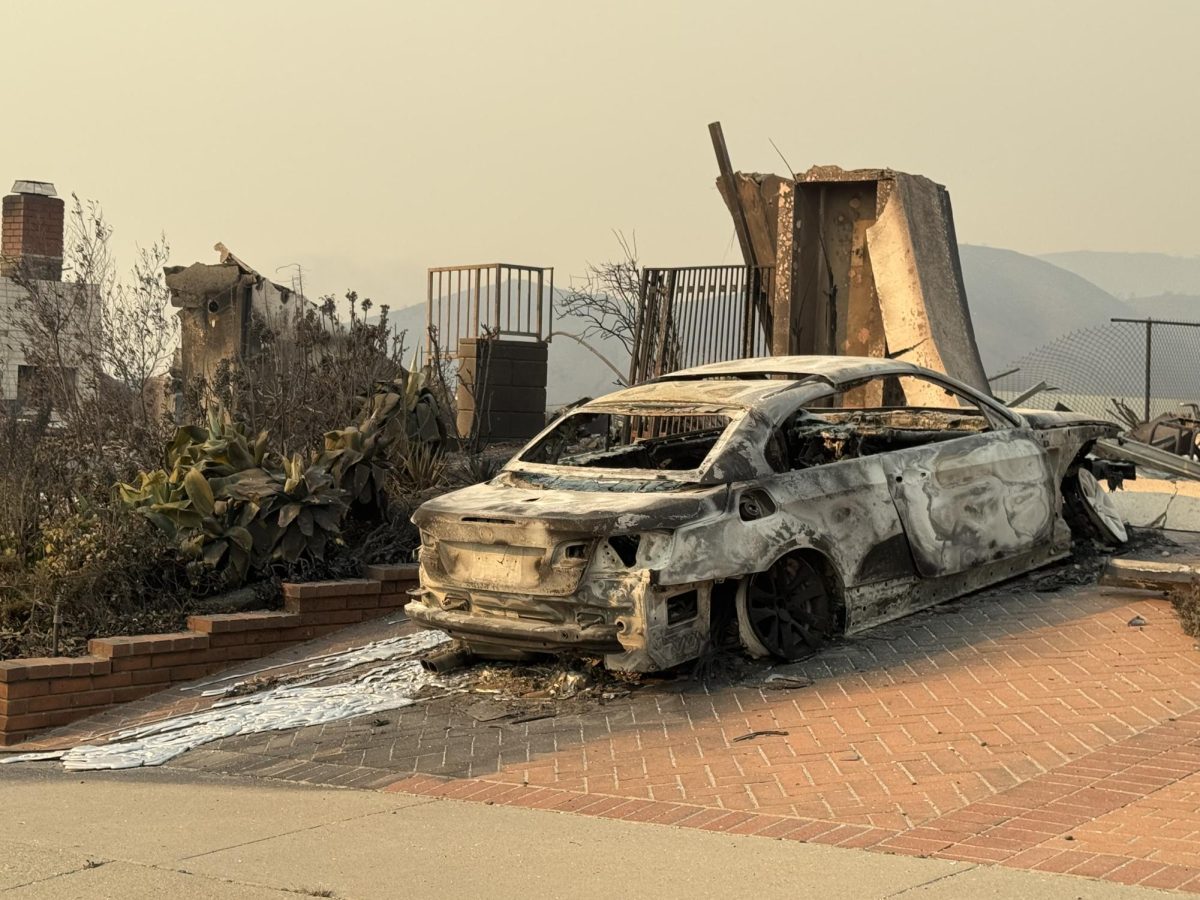Shortened classes, caused by a combination of professional development meetings, Masses, department collaboration meetings, rallies, and mentor groups, have frustrated both students and teachers alike.
These events have caused classes to be shorter than the regular 80 minutes and are an annoyance to teachers, especially those who teach the same course, but on different days. Teachers who are in these scenarios have more work. Instead of making the same lesson plans for the same course, teachers have to change it up to fit the time allowed.
David Elu, a Social Science instructor, said, “Short classes have impacted me quite a bit, especially in trying to align the curriculum from the different classes in the A Day class versus the B Day class. If an A Day class is a short class and B Day is a longer class, then I’m off synced with the two classes, and so it makes assessment difficult, because I have to wait until a point where we’re covering the same material in order to give students a fair assessment to both classes at the same time, covering the same material.”
He further said, “Also, it makes class planning rather difficult, because most of our class plans are for 80 minutes, and when they take 15 or 20 minutes out of the class plan, that significantly impacts the last part of class and that’s usually the most important part. That is where everything comes together to make sense.”
As a result, it also creates more homework for the students on the shortened days.
Darien Thomas ’19, a student taking AP Economics on A Days, agrees that these short classes negatively impact the students.
“It could have a lasting effect on us, because we’ll have to rush the material and we won’t learn it as well as the other class.”
The short classes do not only affect teachers with the same course on two different days, but teachers who need 80 minutes a day for most of the year to cover all the material before the AP test or when school finishes.
Jeff Isola ’98, another Social Science instructor, dislikes having so many short classes, since it puts his class further behind than he wants it to be.
“I think it’s terribly detrimental, especially the way this schedule works, when you meet with your class every other day, so if it’s a Tuesday/Thursday one, you go an entire weekend in between that you don’t see them. I would say that especially in this first semester with the amount of A Days that we have short, I ended three class periods behind what I would like to be.” Michael O’Brien, Dean of Academics, said the administration will take this year into account when making the calendar for next school year.
He said, “Every year we learn from the previous year to see what pitfalls, mistakes, and oversights we might have. Sometimes we end up having more and/or shorter A or B days. We do the best we can and will certainly consider this for next year.”








